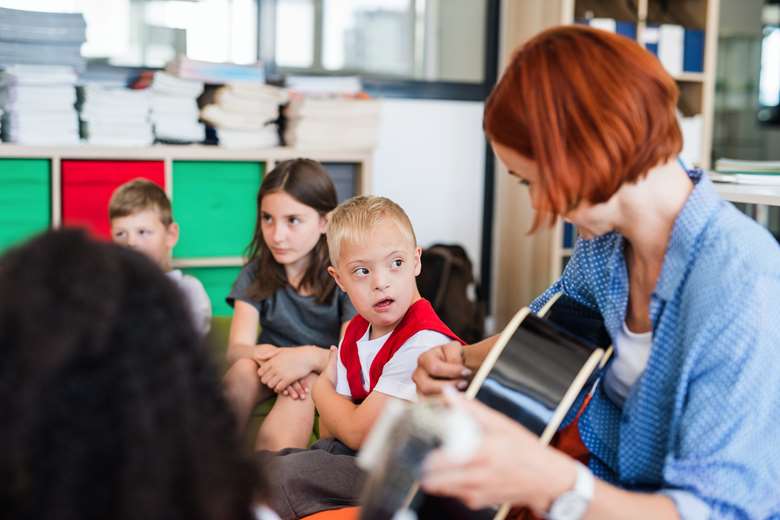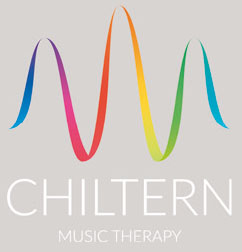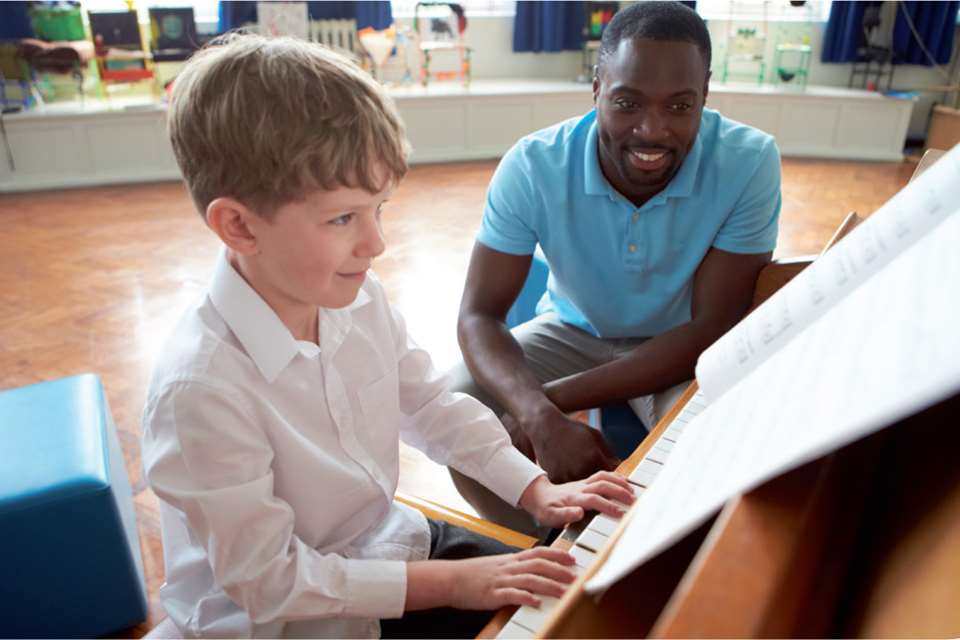Mental health and wellbeing column: Connection and self-expression
Felicity Bott
Monday, November 1, 2021
In the second contribution from Chiltern Music Therapy to our mental health and wellbeing column, music therapist Felicity Bott delves into the benefits of singing with children with additional needs and disabilities.

Halfpoint
James Runcie once said: ‘Singing is the sound of the soul’. These simple words tell us how singing is a natural, human instinct, one that is unique to each of us and holds part of our identity. As teachers, therapists, and support staff, we are always looking for ways to support the wellbeing of the students we work with, and after a long break, returning to school can be a challenge, especially for children with additional needs. As a music therapist working predominantly in specialist settings, I only recently returned to school for the new academic year, and in the first music group I experienced every emotion imaginable from the young children. Overwhelming joy, confusion, utter despair, excitement, contentment – you name it.
But as soon as I started singing the ‘hello’ song, a level of peace and curiosity overcame the class. And when I started singing The wheels on the bus, the children were doing the actions, joining in the singing and asking for the next verse. This is just one example of how singing can unite a group of children and promote calmness and happiness, even if there has been chaos beforehand.
Connection, happiness, and ease are all vital to creating a wholesome environment for all students to thrive, not just in school but in everyday life. Research shows that singing can boost mood by producing endorphins, reduce stress by helping to lower cortisol (the stress hormone), and singing in a group can provide a sense of connection and belonging. Singing also has physical benefits such as increasing lung capacity and function, boosting the immune system, and improving speech ability. Singing has proved to be an effective way to create meaningful exchanges and be a positive outlet for emotion. Singing can be used in different ways to support wellbeing by providing structure and giving students the opportunity to explore their own voice.
A ‘hello’ and ‘goodbye’ song can provide familiarity and structure to a session which helps students feel safe and settled in a routine. Being aware of a clear start and finish creates a sense of order, helping to produce a safe space for work and exploration. This is particularly useful for students with autism spectrum disorder who benefit from routine to help with self-regulation. Vocal improvisation and call and response can be effective ways of helping someone explore their voice. Music therapy techniques promote the qualities of communication and interaction, which can be achieved through vocal improvisation. Responding musically to a child's own vocalisations can offer a safe place of interaction without the pressures of verbalising feelings. Exploring the voice can also help someone understand their sense of identity, hearing the uniqueness of their own voice and how it relates to others. Call and response gives the student an opportunity to be heard, and to listen to others and respond appropriately.
Here are some ideas for how to incorporate more singing organically throughout the day:
- Sing a simple song together at the beginning of each lesson to get the students listening and ready to learn. Choose a familiar song (such as London bridge is falling down) and put new words to it to indicate the start of a lesson (for example ‘everybody take your seats, time for learning’).
- Use call and response games throughout the day. Simple vowel sounds are easy to copy and have endless possibilities. Try changing pitches, volumes, and duration for the students to copy. Let a student have a turn at leading the call and response game. This can give them a sense of responsibility and leadership.
- Come up with a fun little tune for each of the student's names and have the whole class singing them. It will catch their attention when you use it and support their sense of identity.






